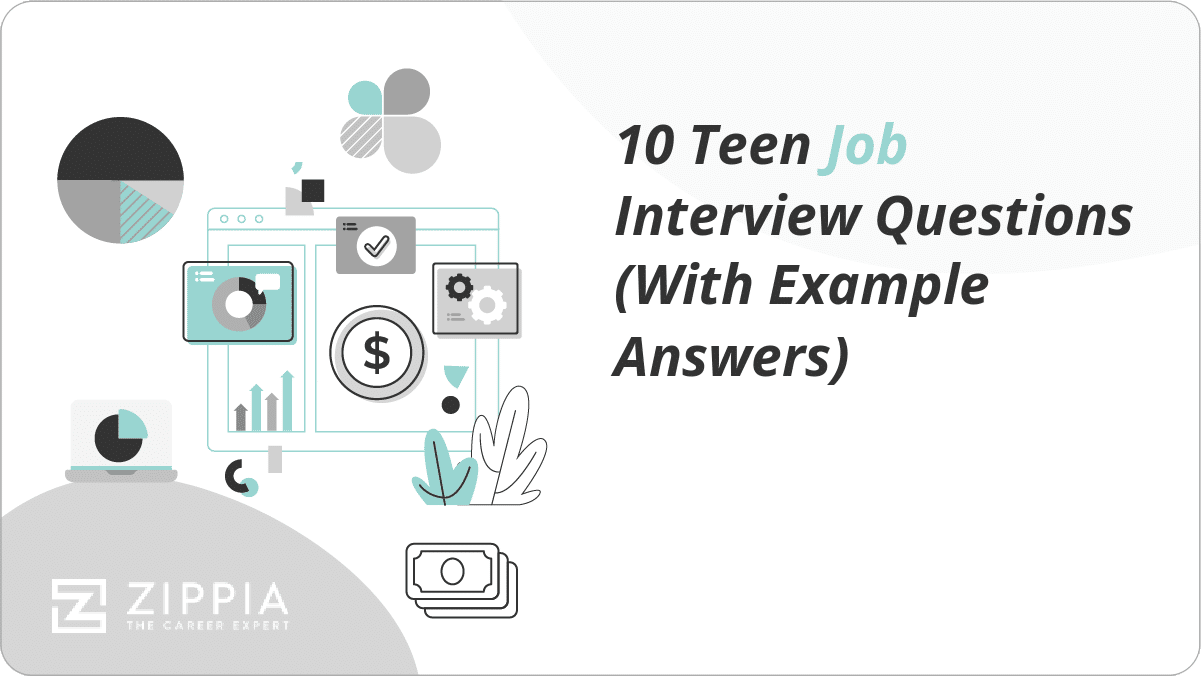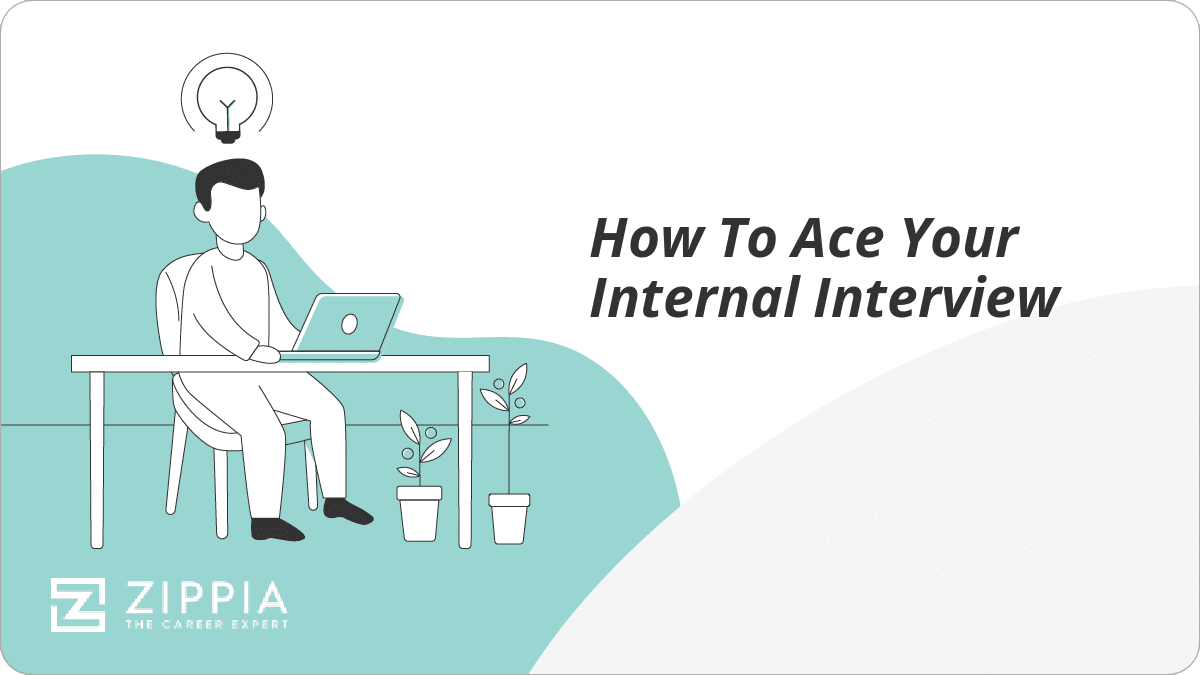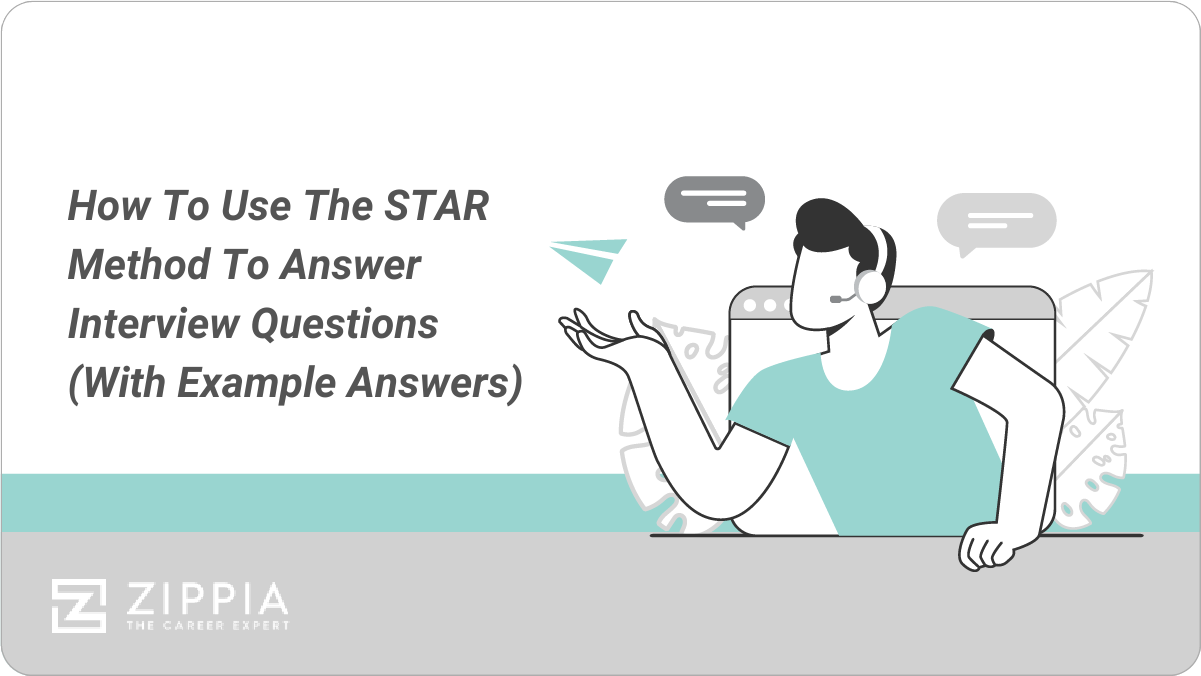- Types Of Interviews
Find a Job You Really Want In
If you have never interviewed for a job before, the idea of it might seem overwhelming or downright scary. Without the experience, it’s challenging to know what to expect.
For teen job interviews, you’ll likely be asked a variety of relatively common questions. Your employer may be looking for several different things that we’ll discuss in the article below. Remember, the answers included are only examples. It’s essential to tailor your responses to your specific experience and personality.
Key Takeaways:
-
Taking time to practice can help you perform better at your interview and be prepared for any tricky questions you might receive.
-
Make sure to arrive 10 to 15 minutes early for your interview, and have a reliable ride to get there.
-
Come prepared with a list of questions to ask your interviewer.

10 Interview Questions for Teens With Example Answers
-
Why are you looking for a job? The employer is looking to understand what you’re looking for beyond a paycheck.
They may be interested in understanding your goals and interests, so they can make an informed decision on whether or not you’re suitable for the position. Focus on your interests and what caught your attention about this job or company.
Example Answer:
I’ve been cooking since I was a child. I’m hoping to gain relevant restaurant experience so that I can decide if I want to be a chef and go to culinary school in a few years.
-
Why do you want to work for us? With any job opening, employers could interview a lot of candidates for a single position. They want to make sure the individual they bring onto the team is interested in the company beyond receiving a paycheck.
This is an important question and typically asked at almost every interview, no matter your experience level. This means you need to do your research on the company before you apply. Take a look through their website and read through some content so that you can get a better feel for what they do and who they serve.
Example Answer:
I want to work for Sample Company because of the services you offer. I am very interested in marketing, and Sample Company is the leader of digital marketing in the technology industry. I’d like to learn from the best, get hands-on experience, and understand more about digital marketing so that I can become a full-time digital marketer in the future.
-
What makes you the best candidate for this job? This question is essentially the place where you talk yourself up. Selling yourself can be difficult, but if you focus on your best qualities, you should do this effortlessly.
You may not have work experience, but if you have experience in clubs or activities, this would be the place to discuss them. Try tying skills you have learned in school or extracurricular activities to the specific job responsibilities you might take on.
Example Answer:
I believe I am the best person for this job because I am motivated, a hard worker, and I am dedicated to anything I apply myself to. I have always loved serving others and working in a fast-paced environment. Although I have never had a job, I believe I have an excellent work ethic cultivated by my good grades in school. I am reliable and don’t ever leave something unfinished.
-
What do you think it takes to be successful in this position? Your potential employer is looking to see if you’ve looked at the details of the position at hand. This means you should take a look over the job description before you go into your interview.
Try to hold onto a few different nuggets from the job description and sprinkle them through your answer for an effective solution that will resonate with the hiring manager.
Example Answer:
I know that hostesses must be cheerful and attentive to customer needs. Additionally, I think they need to be level-headed and accommodating to resolve complaints and deal with unruly customers so that our servers don’t need to. I’m extroverted and love interacting with people, which is why I am the President of my school’s Journalism Club. I deal with complaints regularly, and developing good rapport and relationships is my duty.
-
Tell me something about yourself. This question is very generic, but your employer is likely looking to understand you personally to see if you’d be a good culture fit for the company or team you’re looking to join.
You can consider discussing the school you attend, what your interests are outside of work, or any activities you participate in if the skills or topics are relevant to the job at hand.
Example Answer:
I’m currently a high school student at Lakeview High. In my spare time, I am the president of the Journalism club, which compliments my interest in writing and reading. I also conduct a book club on the weekends with a few friends where we read a new book each month.
-
What are your strengths and weaknesses? This question is also pretty generic, but the interviewer is looking for your self-awareness skills here. It’s essential to pick strengths that are somehow relevant to the job you’re interviewing for.
Additionally, your weaknesses shouldn’t hinder your new career. Pick something that you can spin into a positive, if possible.
Example Answer:
My biggest strength is my ability to build relationships with others. I consider myself to be a good team player and relate to others effortlessly. This makes it easier for me to provide efficient and effective service to customers since I’m always looking to please. My biggest weakness, on the other hand, is sometimes not knowing when to say no. I am balancing the pros and cons of certain situations to understand better how to build appropriate boundaries for myself.
-
Do you have any working experience? This question isn’t meant to trip you up if you don’t have previous working experience. It’s simply meant to gauge your experience, whether you have some or none. Experience doesn’t need to stay limited to other jobs you have had.
It can include expertise in volunteer opportunities, school, certification classes, hobbies, among other things. It is perfectly acceptable to use those things as supplements to answer this question.
Example Answer:
I don’t have any previous official working experience, but I have volunteered for the local soup kitchen almost every month this past year. This experience has taught me many things but mainly how to have an effective conversation with someone, negotiation, and empathy, all of which are skills I believe would translate well to this job.
-
Where do you see yourself in five years? This question is for employers to understand if you have goals and ambitions. Having these things indicates that you are a hard worker and can stay motivated to reach specific things.
It’s a good idea to answer some honest thoughts to have a compelling answer in your interview. Consider writing down where you can see yourself in five years and try to relate it to the job at hand.
Example Answer:
In five years, I hope to be on my way to graduating college with a Bachelor’s Degree in Education. My dream is to become a teacher. I feel working at Sample Daycare can provide me the necessary skills and hands-on training required to be successful in my field of choice.
-
Are you a team player? This is an important question to ask and even more important how you answer it. You must show that you’re a team player by providing specific examples of other situations where you have proved this behavior to be true. Working at an organization often means working cross-functionally or with other members of your team.
Example Answer:
I’m an active member of my high school drama club and was chosen to work with two other students to choose the play we’d perform and provide input on key roles. We were tasked with a difficult decision, but we worked together and chose a play we felt could resonate with many different people and offer diverse casting. Although we had some disagreements, we always came to the table with our honest thoughts and worked to come to a solution.
-
What are your salary expectations? This can be an uncomfortable question, but your employer is just looking to ensure your expectations are reasonable.
As a worker with minimal to no experience, your salary will typically be at an entry-level rate. It’s better to avoid specific numbers here and stay high-level, if possible.
Example Answer:
I’d be happy to negotiate my pay level since the most important thing I’m looking for from this kind of job is hands-on experience and building valuable relationships with my colleagues. What did you pay the last entry-level person who had this job?
Choose From 10+ Customizable Resume templates
Zippia allows you to choose from different easy-to-use resume templates, and provides you with expert advice. Using the templates, you can rest assured that the structure and format of your resume is top notch. Choose a template with the colors, fonts & text sizes that are appropriate for your industry.
10 More Common Interview Questions for Teens
-
What are some of your biggest accomplishments?
-
What are you learning in school that will help you with this position?
-
Do you have any questions about the job?
-
Tell me about a problem you had and how you solved it?
-
How long do you plan on having this job?
-
What is your availability? Are you able to work weekends?
-
What motivates you the most?
-
Do you have any role models in your life?
-
What does your typical day of work look like?
-
Have you had any difficulty with a teacher or authority figure in your life?
Tips for Teens to Ace Your Interview
Going into an interview as a teen can be intimidating if you don’t know what to expect. Here are some tips to help ease any interview anxiety and help you ace your interview:
-
Be on time. When going to an interview, on time means being late. You should arrive 10 to 15 minutes early. If you are unsure of how to get there, as for directions.
If you aren’t driving yourself, make sure you have a reliable ride that won’t bail on you last minute. If you are taking public transportation, make sure you know the route and how long it usually takes so you know how much time to set aside.
-
Arrive on your own. If you parents are your ride, leave them in the parking lot. It can be seen as unprofessional if you bring your parents into the interview room. The interviewer might see it as you are not mature enough for the job and your parents might keep you from answering questions they may think are unacceptable.
You want to be able to make a connection with the interviewer without anything hindering that. Your parents will understand if they are left in the car.
-
Know your schedule. The interviewer is going to ask what you are available to work and you don’t want to seem like you don’t know. If you have any after school activities make sure you know which days and times they are at so you can let the interviewer know.
You also want to let them know of any days you are not available if you don’t have a ride. Don’t lie because you think that’s what the interviewer wants to hear5. If you do get the job and schedules those days, it will look worse not to show up for your shift.
-
Dress appropriately. You don’t want to show up dressed in your school uniform or in ripped jeans and a crop top. That will be seen as unprofessional. Look up the dress code for where you are applying and try to dress in a way that will match. If you are applying for retail position, business professional might be too much so try to dress in business causal if possible.
-
Ask questions. The interviewer will know this is your first time applying for a job so don’t act like you know everything. They will prefer you asking questions and showing interest in the position than you just sitting there. Just make sure they are appropriate questions and are asking at the right time.
-
Practice your answers/do a mock interview. Reviewing questions and sample answers can help you start to think about the answers you might want to provide your interviewer with. Take the time to personalize your answers how you see fit. Your responses should always reflect you both as a person and ideal candidate for the job at hand.
If possible, see if you can practice with a friend or parent. This will help the situation feel more natural and provide a safe space where you can practice your answers, work on your eye contact and body language, and work out any snags or areas of improvement.
- Types Of Interviews

















